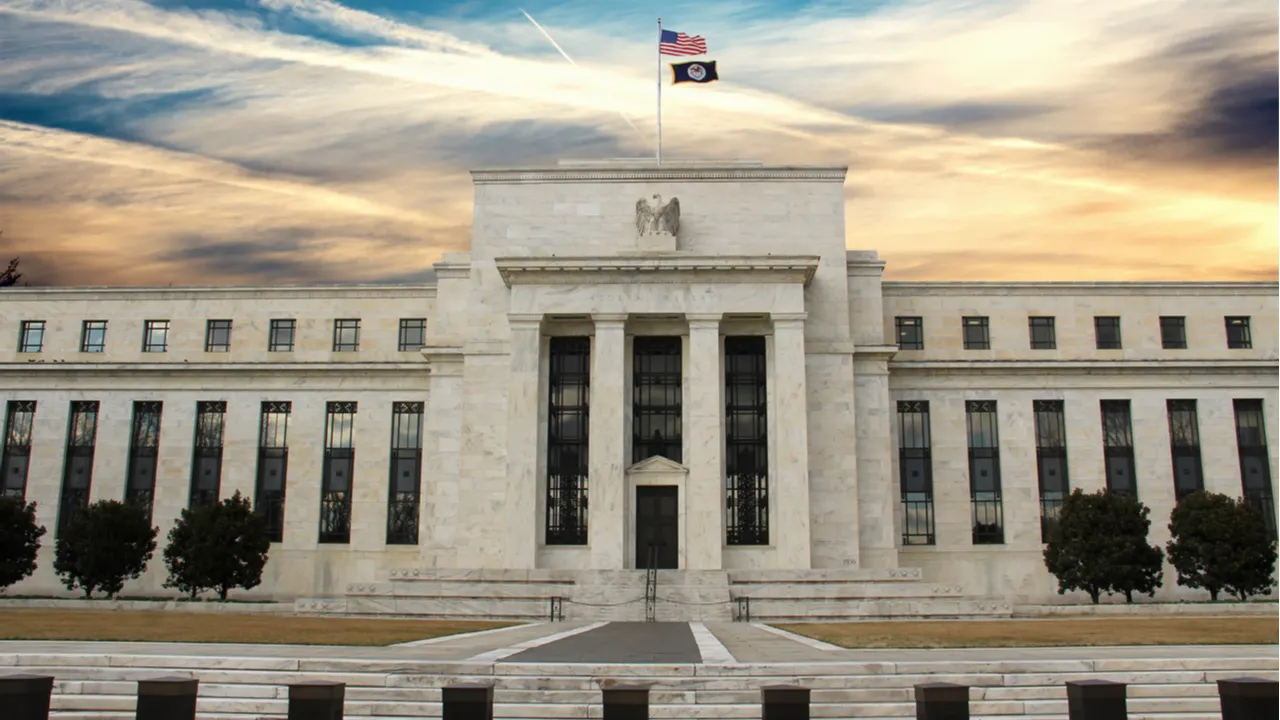The Federal Reserve decided to raise its benchmark interest rate by 25 basis points on Wednesday. But it was the U.S. central bank's statement on a possible path forward that had markets waiting with bated breath.
To cool an overheated economy and tame soaring prices, the Fed has now delivered a steady barrage of 10 consecutive interest rate hikes since March 2022. That brings bringing its federal funds rate to a range of 5% to 5.25%.
An increase of a quarter of a percent was widely expected, according to the CME FedWatch tool, which earlier today showed investors gave the rate hike an 85% chance of happening.
“Inflation has moderated somewhat since the middle of last year,” Federal Reserve Chairman Jerome Powell said Wednesday during a press conference. “Nonetheless, inflation pressures continue to run high, and the process of getting inflation back down to 2% has a long way to go.”
While Bitcoin was slightly down prior to the Fed's move, it clawed back losses and settled around $28,634, according to CoinGecko. Ethereum reversed course as well, pushing higher on the back of the Fed’s statement to $1,886, a gain of 1.2% in the past day, according to CoinGecko.
So far this year, Bitcoin and Ethereum have notched gains of roughly 70% and 50%, respectively, in part on the notion that the Fed could put rate hikes on pause soon or even cut interest rates later in the year. That's because traders tend to avoid “risky” assets, like BTC and ETH, when they expect the U.S. central bank to continue its aggressive monetary policy in order to get inflation under control.
Over the same period, the Nasdaq Composite has risen around 17%.
For several months, Powell has said repeatedly that “ongoing increases” would be needed to send inflation back down to the Fed’s target of 2%. Inflation soared to 9.1% in June 2022, the highest it's been since 1981.
However, Powell’s tone began to shift in March after turmoil emerged in the U.S. banking sector that saw lenders toppled like Signature Bank and Silicon Valley Bank.
Instead of saying that “ongoing [interest rate] increases” will likely be needed, Powell said, “some additional policy firming may be appropriate” at the U.S. central bank’s previous Federal Open Markets Committee.
Now, the Fed is confronted with a potential debt ceiling crisis, where the U.S. risks defaulting on its debt for the first time in history. Treasury Secretary Janet Yellen warned that could happen as early as June 1 if Congress can’t reach an agreement.

